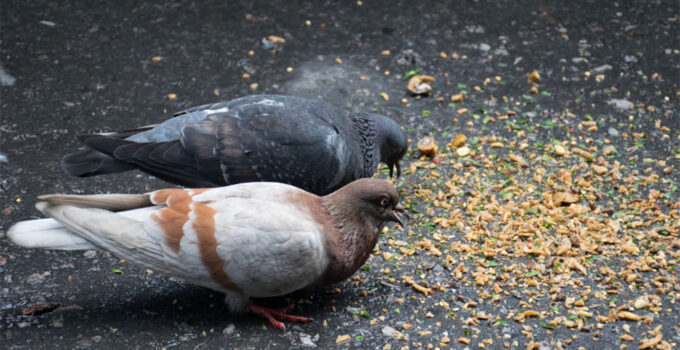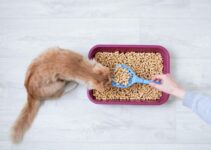When we think about pets, we tend to focus mostly on our furry, four-legged friends, but a lot of people, all over the world, explore much more than just cats and dogs. Keeping birds in our household is a joy for millions, and having pigeons as pets can bring a lot of happiness to our lives. These birds are smart, they are easy to maintain, and they are also easy to train. If you are an owner who cares about their pets, you are probably wondering what you need to know about feeding your birds. Here, we are going to tell you everything you need to know about pigeon nutrition and why you need to pay attention to what you feed your pets with.
What are the basics you need to be aware of?
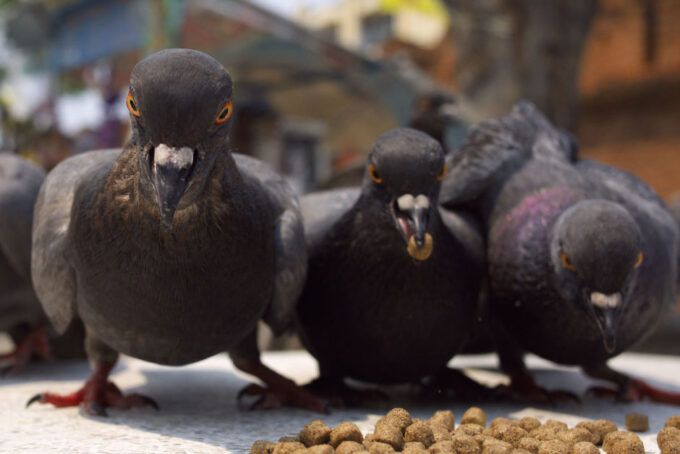
Source: nepigeonsupplies.com
Much like humans, pigeons need a mix of proteins, fats, carbohydrates, vitamins, and minerals. While it’s common to see these birds pecking at scraps in city squares, relying solely on such tidbits can deprive them of essential nutrients. Doves primarily feed on grains and seeds in the wild. However, not all grains are created equal. Cereal grains such as corn, wheat, and rice provide the necessary energy, while leguminous seeds like lentils and chickpeas are protein powerhouses. Ensuring a balanced mix is essential to provide doves with the energy for their daily activities and the protein for muscle repair and growth.
What are the most common myths surrounded by nutrition?
When it comes to feeding pigeons, several myths have become popular over the years. For instance, many believe that bread is suitable for pigeons. However, while they might eagerly consume it, bread (especially white bread) lacks the essential nutrients pigeons need and can lead to malnutrition. Similarly, foods high in salt or sugar can be harmful to these birds.
On the flip side, supplementing their diet with greens like lettuce, spinach, and other vegetables can be beneficial. These foods provide additional vitamins and minerals, ensuring a rounded diet. Always remember, though, that any supplement should complement and not replace their primary grain-based diet.
Always keep in mind that not every bird is going to require the same
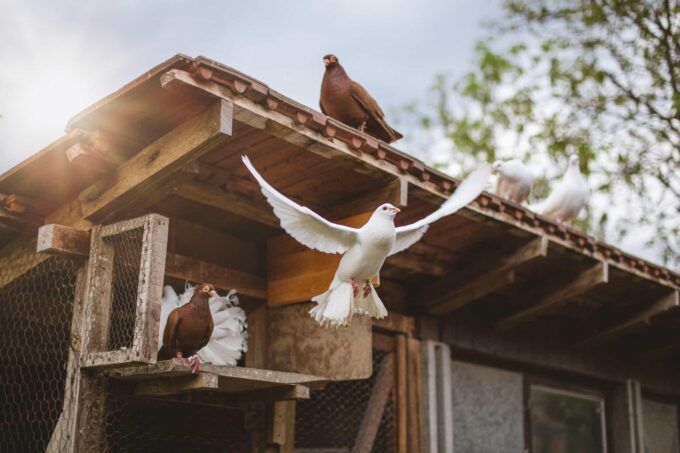
Source: animalwised.com
It’s essential to understand that not all pigeons have identical nutritional requirements. Factors such as age, activity level, and purpose (racing, breeding, or pet) can influence dietary needs. The most important thing you need to factor in when choosing the food is the quality. A high-quality diet is always better for your birds, and if you don’t want your pet to lack any nutrients, then you should use trusted sellers like https://www.foodforbirds.co.uk/pigeon-food.
For instance, racing pigeons, given their strenuous activities, might require a diet higher in energy-providing grains like corn. On the other hand, breeding pigeons need additional proteins and calcium, essential for egg production and the growth of young chicks. Recognizing these nuances and tailoring their diet accordingly can make all the difference in ensuring a pigeon’s health and success in its endeavors.
Remember that you need to focus on hydration as well
While much emphasis is placed on food, one must not overlook the significance of clean, fresh water for pigeons. These birds, especially during hotter seasons, require ample water not just for drinking but also for bathing. Water aids in digestion and plays a pivotal role in maintaining a pigeon’s body temperature. Ensure that their water sources are clean, free from pollutants, and are refreshed regularly.
What do you need to pay attention to?
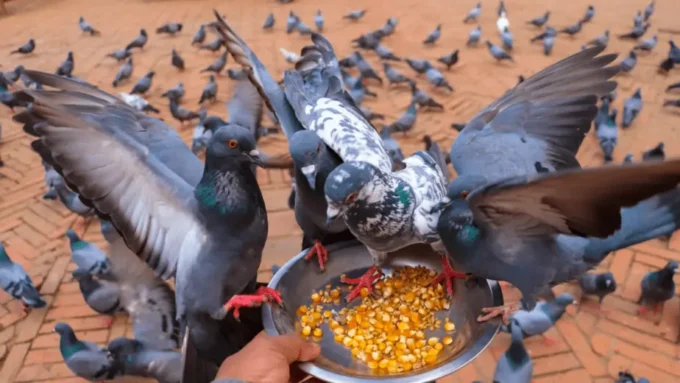
Source: birdwatchingnation.com
Diet plays a monumental role in a pigeon’s health, and changes in their eating habits can often signal underlying issues. Rapid weight loss, reluctance to eat, or a preference for specific grains over others might indicate health concerns. Moreover, a diet lacking in certain nutrients can lead to visible symptoms. For example, a deficiency in calcium can result in weak eggshells in breeding pigeons.
It’s essential to be observant, periodically reviewing and adjusting their diet, and consulting avian veterinarians if any dietary concerns arise. They can offer guidance on the ideal nutritional balance and recommend specific changes or supplements if required.
Do you need to add any supplements to the diet?
In the quest to provide pigeons with the best nutrition, some enthusiasts turn to supplements. From vitamins and minerals to probiotics, the market is flooded with options. While these can be beneficial, especially in conditions where specific deficiencies are noted, caution is necessary. Over-supplementation can lead to toxicity or imbalances in their diet. It’s always advisable to consult with an avian nutritionist or veterinarian before adding any supplements to a pigeon’s regimen.
Do you need to make any adjustments depending on the season?
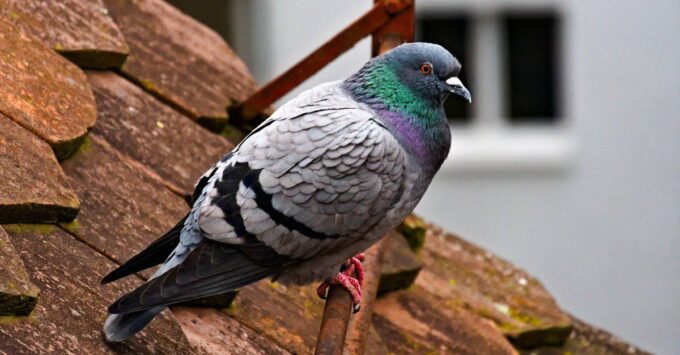
Source: a-z-animals.com
Just as our dietary needs change with the seasons, pigeons too might require adjustments in their food intake. In colder months, their caloric needs can increase as they burn more energy to maintain body temperature. Conversely, during molting season, when they shed and regrow feathers, an increase in protein might be beneficial. Recognizing the seasonal needs of pigeons and adjusting their feed accordingly can ensure they remain in peak condition throughout the year.
Are there any treats that you can incorporate into their diet?
Everyone enjoys an occasional treat, and pigeons are no exception. While their primary diet should remain consistent and nutritionally balanced, offering safe treats can be a delightful way to provide variety and foster bonding. Fruits like apples (without seeds), berries, and melons can be given in moderation. Remember, it’s crucial to ensure any treat offered is free from pesticides and thoroughly washed.
Feeding pigeons might seem straightforward at first glance, but understanding the intricacies of their nutritional needs reveals a more complex picture. By ensuring a balanced diet, observing their habits, and adjusting their food intake based on individual requirements, you set the stage for a healthy, thriving pigeon. Whether you’re a pigeon racing enthusiast, a breeder, or someone who enjoys the company of these birds in urban settings, remember that nutrition is the cornerstone of their well-being. Embrace the knowledge of pigeon nutrition, and watch these magnificent creatures soar to their full potential.

